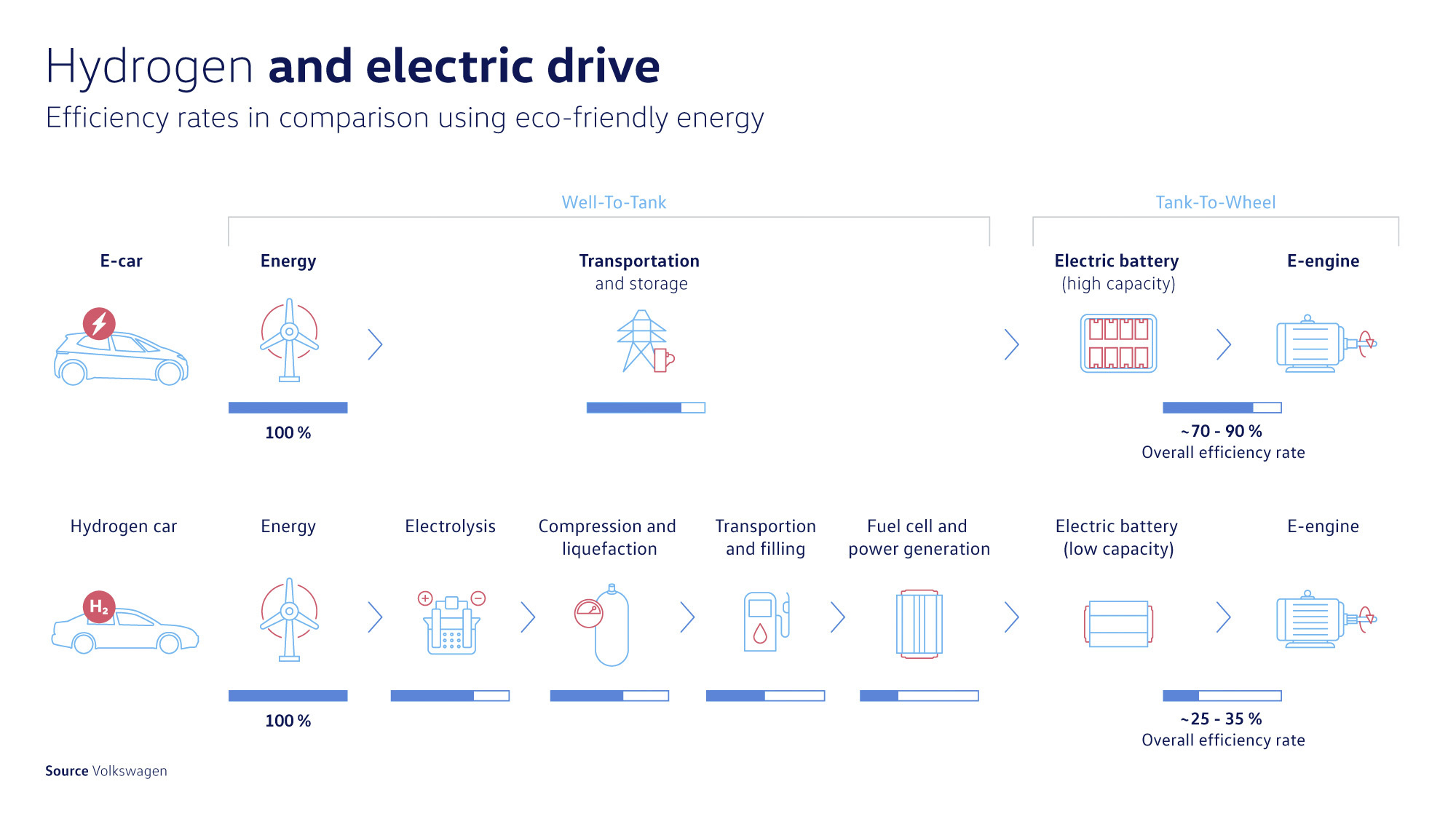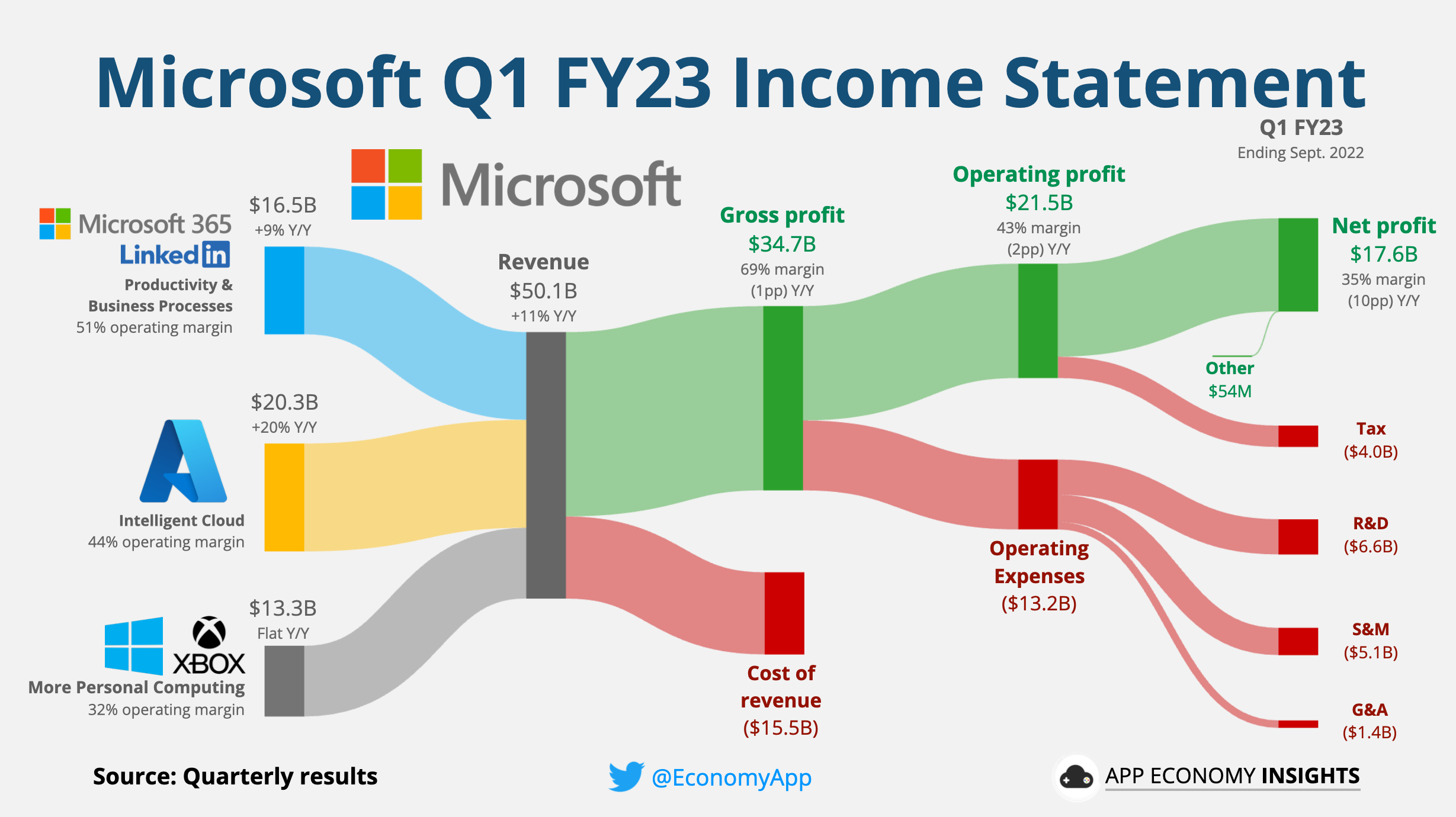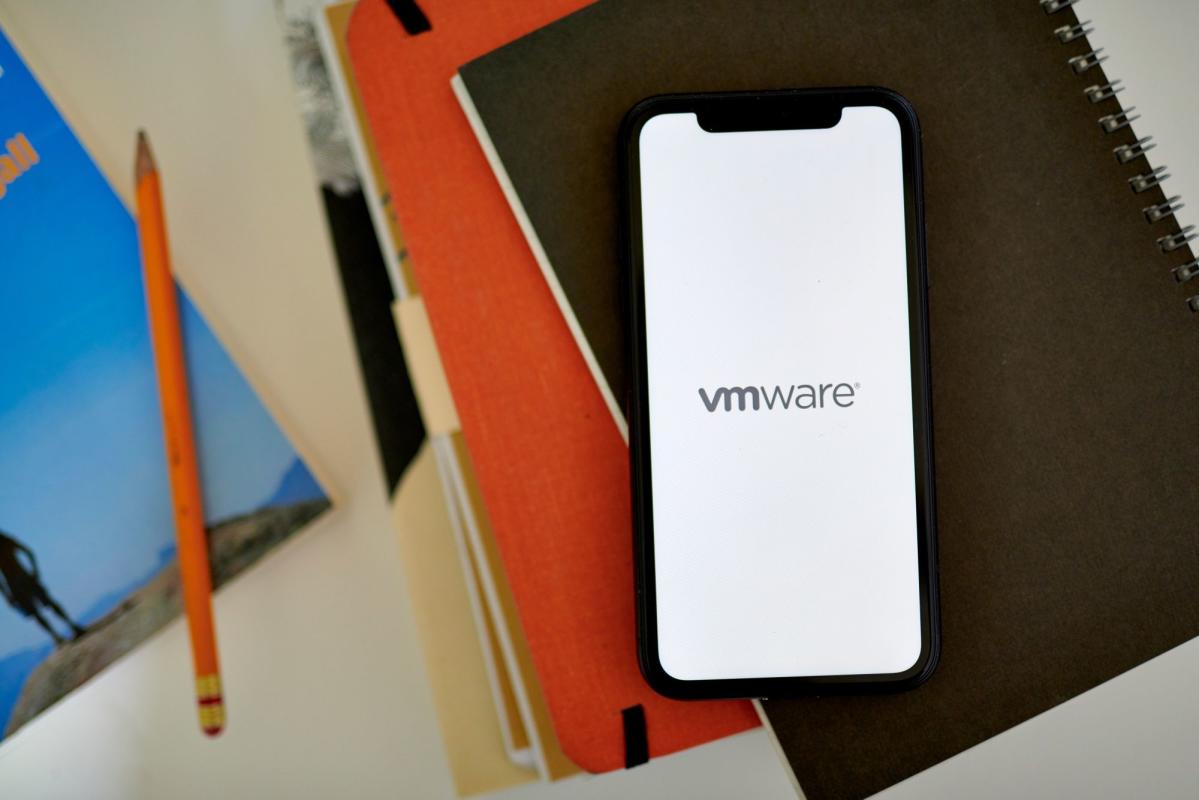Battery Electric Vs. Hydrogen Fuel Cell Buses: The Economics Of European Public Transit

Table of Contents
Upfront Capital Costs: Battery Electric vs. Hydrogen Fuel Cell Buses
The initial investment is a critical factor in choosing between battery electric and hydrogen fuel cell buses. Hydrogen fuel cell buses typically command a significantly higher upfront cost than their battery electric counterparts. This price difference stems from several factors:
- Battery Capacity: Battery electric buses benefit from economies of scale in battery production, leading to lower costs per kWh.
- Fuel Cell Technology: Fuel cell technology is still relatively nascent, resulting in higher manufacturing costs compared to established battery technologies.
- Auxiliary Systems: Hydrogen fuel cell buses require more complex and expensive auxiliary systems for hydrogen storage, compression, and fuel cell management.
Here's a general price comparison (prices vary widely based on specifications and manufacturer):
- Battery Electric Buses: €250,000 - €400,000
- Hydrogen Fuel Cell Buses: €500,000 - €700,000+
While the initial investment is higher for hydrogen buses, potential economies of scale as production increases could reduce these fuel cell technology costs and battery costs in the future. Careful consideration of bus procurement costs and capital expenditure is vital for any transit authority.
Operating Costs: Energy Consumption and Maintenance
Operating costs represent another key differentiator. While both technologies offer zero-tailpipe emissions, their energy consumption and maintenance requirements differ significantly impacting operating expenditure.
- Energy Consumption: Battery electric buses generally exhibit lower energy consumption per kilometer compared to hydrogen fuel cell buses, particularly when using renewable electricity sources.
- Electricity Prices & Hydrogen Production Cost: Fluctuations in
electricity pricesand the cost ofhydrogen productiondirectly impact operating expenses. The production method for hydrogen significantly affects itscarbon footprint; "green" hydrogen (produced from renewable sources) is more expensive than "grey" hydrogen (produced from fossil fuels). - Maintenance and Repair: Hydrogen fuel cell systems are more complex than battery systems, leading to potentially higher
maintenance costsand more specialized repair needs.
Key Cost Drivers:
- Battery Electric: Electricity cost, battery replacement, general maintenance.
- Hydrogen Fuel Cell: Hydrogen fuel cost, fuel cell maintenance, specialized repairs. A comprehensive
Total Cost of Ownership (TCO)analysis is crucial for a fair comparison.
Refueling Infrastructure and Deployment Challenges
A significant hurdle for hydrogen fuel cell buses is the lack of widespread hydrogen refueling stations. Building this infrastructure requires substantial investment and time, unlike the relatively mature and readily available charging infrastructure for electric buses.
- Infrastructure Deployment: The cost and time required to build a comprehensive hydrogen refueling network is considerably higher than expanding existing electric charging infrastructure.
- Refueling Time: Refueling a hydrogen bus is typically faster than charging a battery electric bus, but this advantage is currently limited by the scarcity of hydrogen stations.
- Geographical Limitations: Widespread hydrogen adoption faces geographical limitations due to the challenges of hydrogen storage, transportation, and distribution.
The readily available charging infrastructure for electric buses offers a significant advantage in terms of infrastructure deployment and ease of refuelling time.
Environmental Impact and Lifecycle Assessment
Both technologies aim for zero-tailpipe emissions, but a comprehensive lifecycle assessment reveals differences in their overall environmental impact.
- Hydrogen Production: The
carbon footprintof hydrogen production is crucial. "Grey" hydrogen, produced from fossil fuels, negates many environmental benefits. "Green" hydrogen, produced from renewable sources, offers a truly sustainable solution but remains significantly more expensive. - Battery Production and Disposal:
Battery recyclingis a growing concern for battery electric buses, although advancements in battery technology and recycling processes are mitigating this impact. - Lifecycle Greenhouse Gas Emissions: While both technologies have lower lifecycle emissions than diesel buses, the overall greenhouse gas emissions depend heavily on the source of electricity for battery electric buses and the production method for hydrogen.
Government Incentives and Subsidies
Government subsidies and tax incentives play a crucial role in shaping the economic landscape for both technologies. Various European countries offer differing levels of support.
- Funding Opportunities: The availability of
European Union fundingand national programs significantly impacts theeconomic viabilityof both battery electric and hydrogen fuel cell bus adoption. - Public Transport Policy:
Government subsidiesandpublic transport policychanges can drastically alter the cost-benefit analysis for each technology.
Conclusion: Making Informed Decisions on Sustainable Public Transport
Choosing between battery electric and hydrogen fuel cell buses requires a comprehensive economic analysis considering upfront costs, operating expenses, infrastructure needs, and environmental impact. While battery electric buses currently offer lower upfront costs and a readily available charging infrastructure, hydrogen fuel cell buses may offer advantages in terms of refueling time once a sufficient refueling network is established. The role of government subsidies and policies in shaping the future of sustainable bus fleets cannot be overstated. Further research, policy discussion, and investment decisions based on a thorough understanding of the economic analysis are vital for building a truly sustainable bus fleet and achieving zero emission transport for the future of public transport in Europe. A careful cost-benefit analysis, considering both short-term and long-term perspectives, is crucial to making informed decisions about the best pathway towards a truly sustainable European public transit system.

Featured Posts
-
 Fieis Dormem Nas Ruas Do Vaticano Para Missa De Funeral Do Papa Francisco
May 07, 2025
Fieis Dormem Nas Ruas Do Vaticano Para Missa De Funeral Do Papa Francisco
May 07, 2025 -
 Is John Wick 5 Really Happening A Look At The Latest News
May 07, 2025
Is John Wick 5 Really Happening A Look At The Latest News
May 07, 2025 -
 A Look At Rihannas Dazzling Engagement Ring And Red Heels
May 07, 2025
A Look At Rihannas Dazzling Engagement Ring And Red Heels
May 07, 2025 -
 Must Read Top 5 Nie Articles Of Q1 2025
May 07, 2025
Must Read Top 5 Nie Articles Of Q1 2025
May 07, 2025 -
 At And T Exposes Extreme Cost Increases In Broadcoms V Mware Deal
May 07, 2025
At And T Exposes Extreme Cost Increases In Broadcoms V Mware Deal
May 07, 2025
